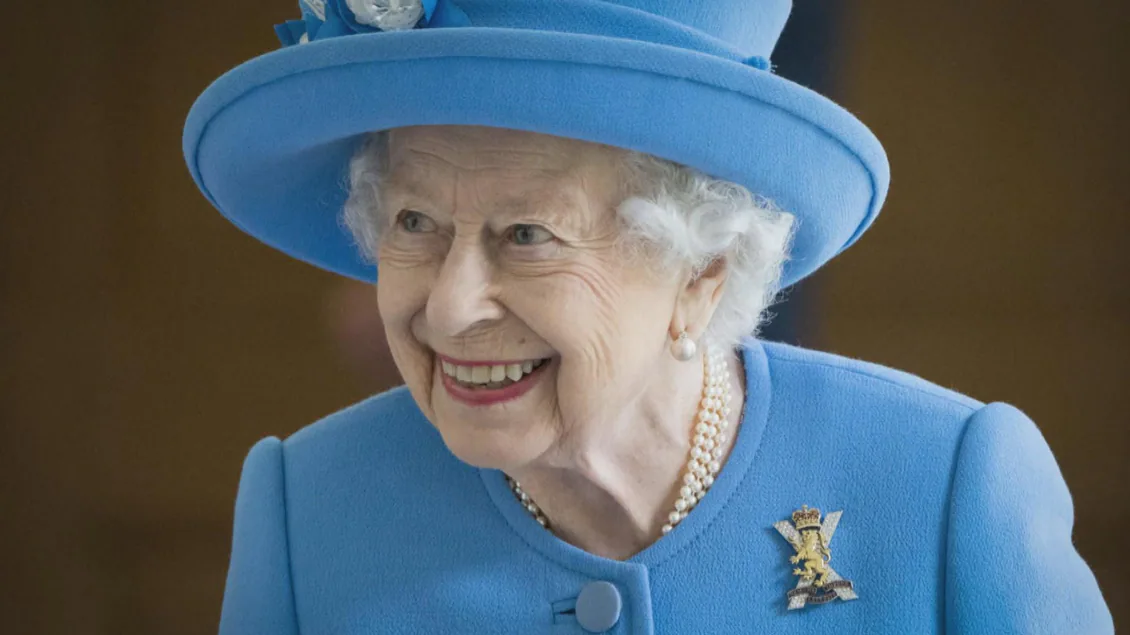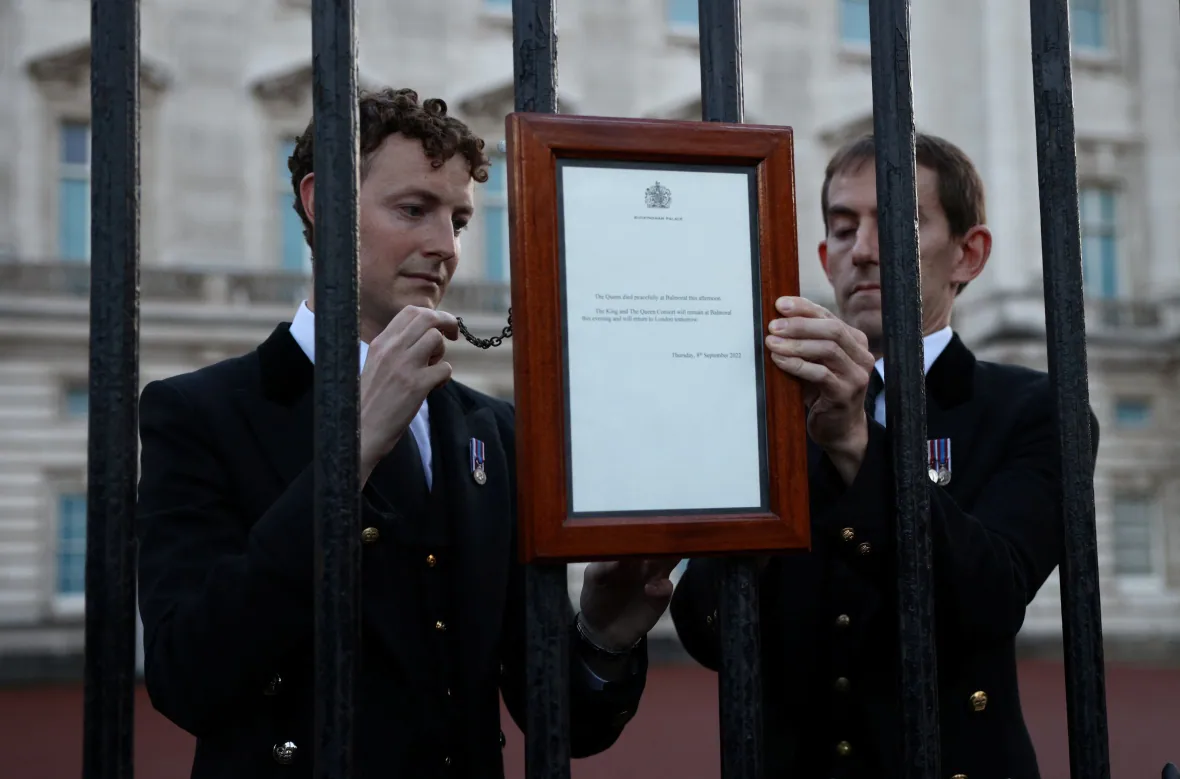 Queen Elizabeth, Canada's head of state and the longest-reigning British monarch, has died. She was 96.
Queen Elizabeth, Canada's head of state and the longest-reigning British monarch, has died. She was 96.
She died peacefully on Thursday afternoon at Balmoral Castle in Scotland, Buckingham Palace said in a short statement.
"The King and The Queen Consort will remain at Balmoral this evening and will return to London tomorrow," the palace said, in reference to the Queen's son Charles, who automatically became king upon her death, and his wife, Camilla.
In a separate statement, King Charles called his mother's death "a moment of the greatest sadness for me and all members of my family."
"I know her loss will be deeply felt throughout the country, the Realms and the Commonwealth, and by countless people around the world. During this period of mourning and change, my family and I will be comforted and sustained by our knowledge of the respect and deep affection in which The Queen was so widely held."
Charles's estate, Clarence House, confirmed his title was now King Charles III.
Watch and listen to full live coverage on CBC News Network, CBC Radio and the CBC News and Listen apps.
Elizabeth became Queen in 1952, at the relatively tender age of 25, and presided over the country and the Commonwealth, including Canada, for seven decades. Those 70 years as monarch were recognized during this year's Platinum Jubilee events, which reached their height in London in early June.
In her time as monarch, Elizabeth bore witness to profound changes at home and abroad, including the decline of the British Empire and decolonization of many African and Caribbean countries, along with the end of hostilities with Irish republicans.
As one of the most famous women in the world, she was also under great public scrutiny during some of the most painful moments of her life, including the death of her father, King George VI, the marriage breakups of three of her four children and the death of her former daughter-in-law, Diana, Princess of Wales.
But Elizabeth always had a keen sense of her role.

"I cannot lead you into battle, I do not give you laws or administer justice," she said during her first televised Christmas address in 1957. "But I can do something else: I can give you my heart and my devotion to these old islands and to all the peoples of our brotherhood of nations."
That sense of duty was central to her life, even before she ascended the throne. In a speech broadcast from Cape Town, South Africa, on her 21st birthday in 1947, she made that clear.
"I declare before you all that my whole life, whether it be long or short, shall be devoted to your service and the service of our great imperial family to which we all belong," she said.
Elizabeth Alexandra Mary was born in London on April 21, 1926, the first child to Prince Albert and Elizabeth Bowes-Lyon, the Duke and Duchess of York. At the time of her birth, Elizabeth stood third in line of succession to the throne and was not expected to become monarch.